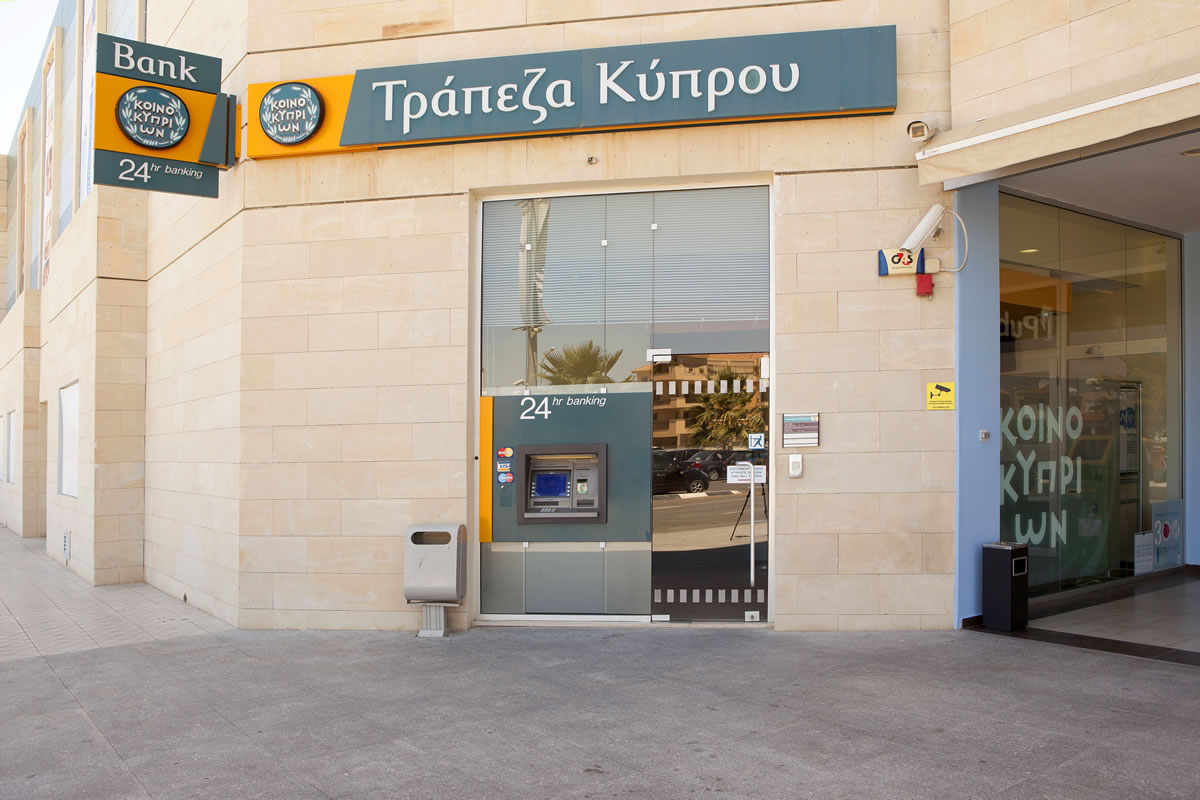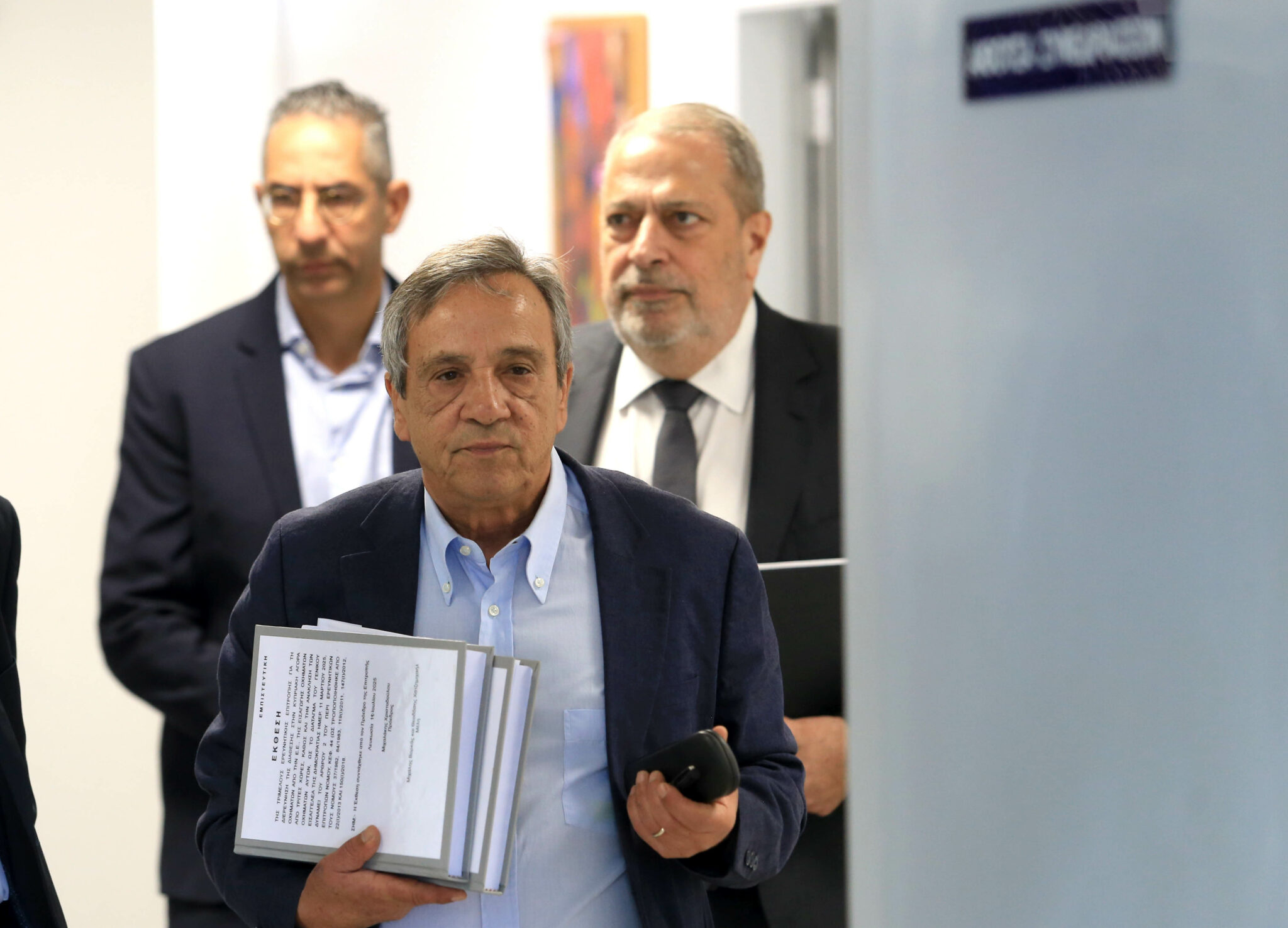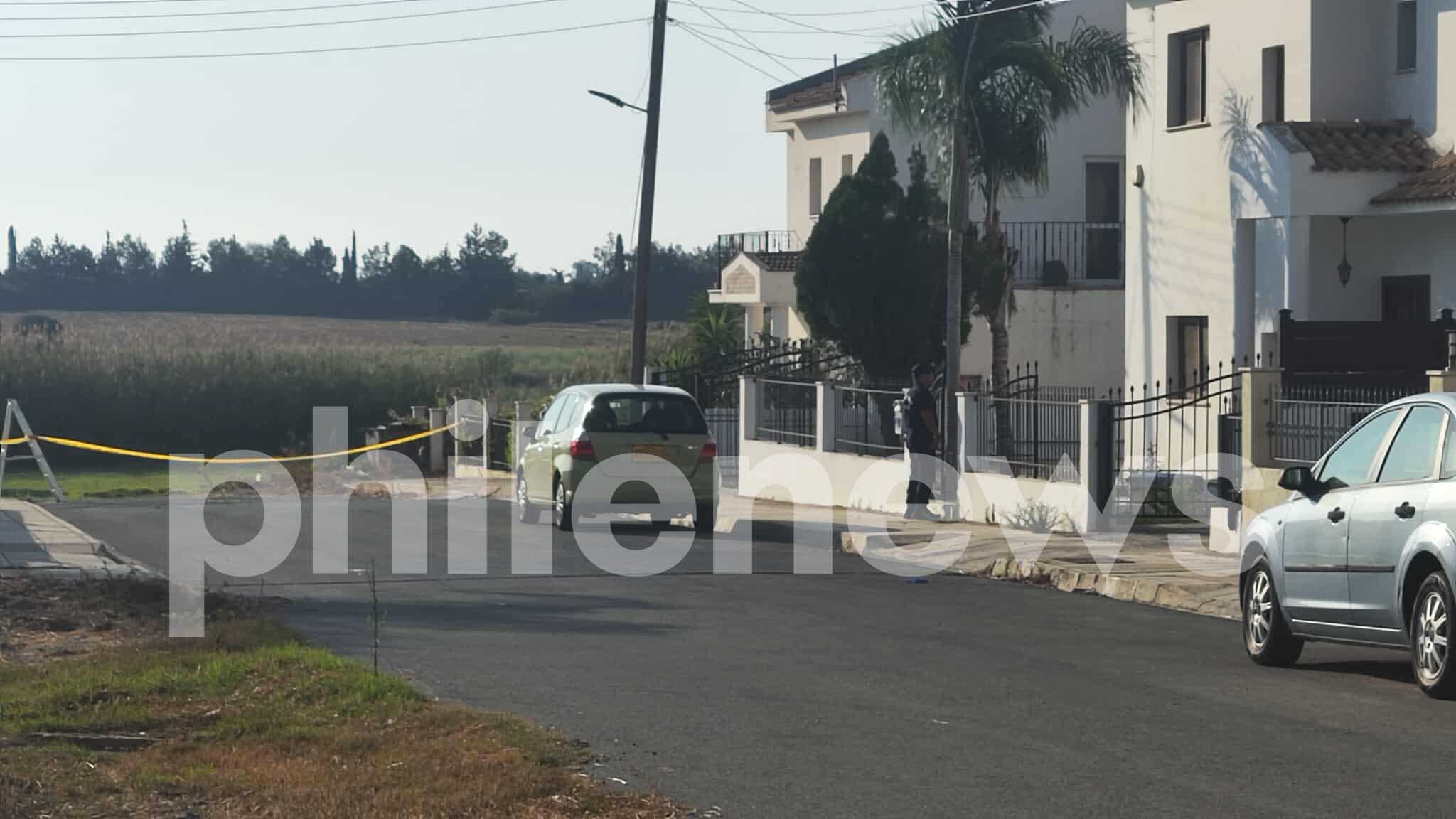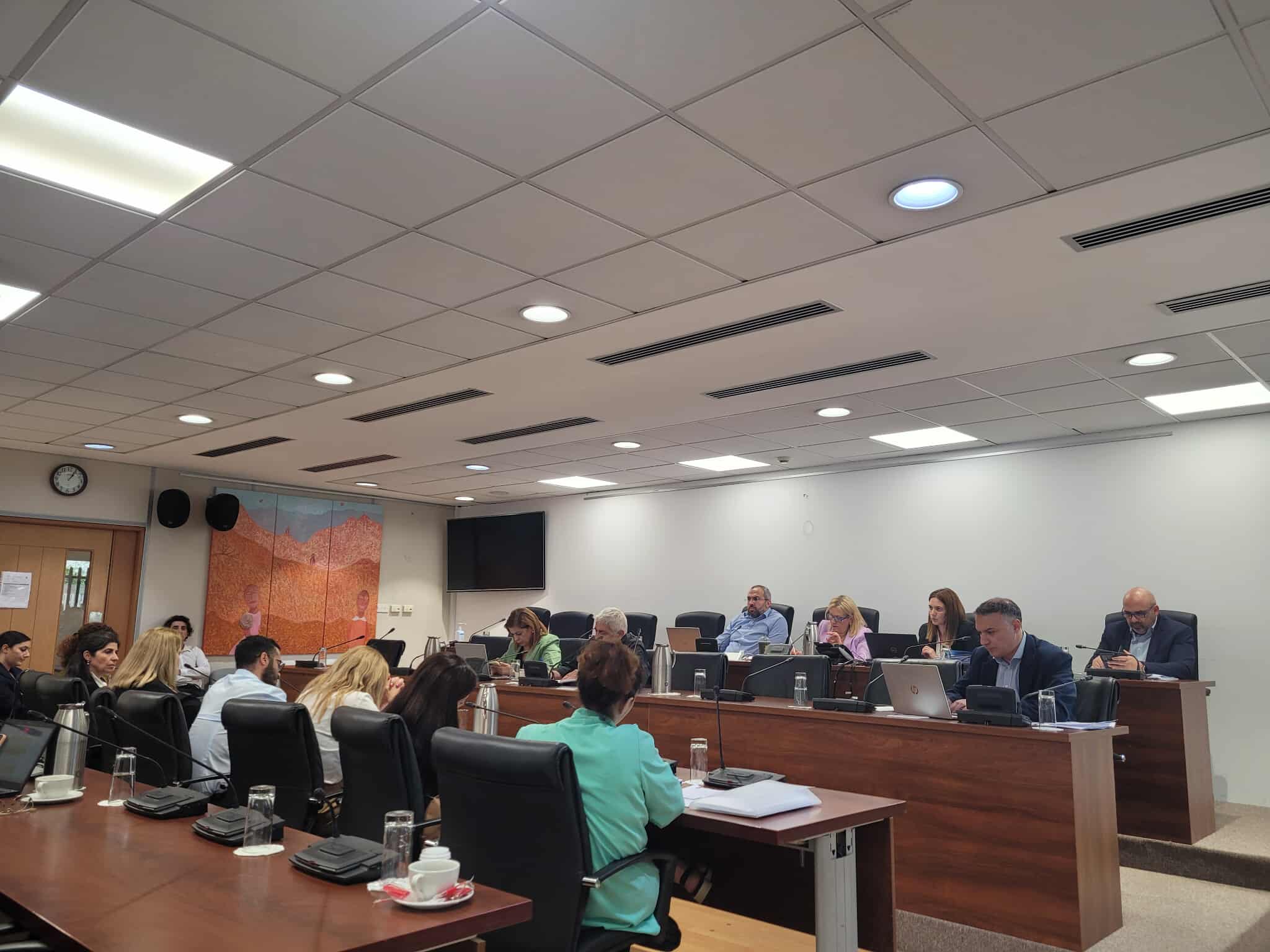The European Investment Bank has featured a Cypriot civil engineer as an example of how its investments contribute to the creation of millions of jobs across Europe.
By 2021, investments signed by the EU’s bank, the EIB Group in 2017 alone are expected to have raised EU GDP by 1.1% and to have created 1.2 million jobs.
Even in 2036, there will still be a 0.7% increase in EU GDP as a result of the EIB’s 2017 investments, as well as 650,000 extra jobs.
In an article on the EIB website, Matt Rees features the example of Constantinos Kythreotis.
In an article on the EIB website, Matt Rees features the example of Constantinos Kythreotis.
The financial crisis of 2013 meant there were no big construction projects for the Cypriot civil engineer to work on. Instead he used to supervise road maintenance and small construction projects in Paphos. Constantinos was glad to have the job, because the crisis left so many professionals unemployed or forced to work overseas, Rees writes.
“Then, in 2017, Constantinos joined a massive project that’s already boosting Cyprus—and will have a major impact on its economic future. He oversees the teams of architects, engineers and quantity surveyors building the €55 million Faculty of Engineering at the University of Cyprus. He loves the challenge,” the writer goes on.
“I feel very proud and excited,” the 40-year-old Nicosia native says. “It’s a unique project in Cyprus—maybe even in Europe. It is the largest building ever constructed in Cyprus for teaching and research.”
With eight major projects underway, the University of Cyprus is expanding its facilities, in particular its capacity to host lucrative research activities, notes Rees.
The European Investment Bank, the EU bank, is financing 75% of the expansion.
Since the Cyprus financial crisis six years ago, the European Investment Bank has invested €1.5 billion in the island, more than a third of the total EIB investment in Cyprus since 1981. The loan to the University amounts to €162 million.
“After the crisis, it was especially difficult for the engineering and construction sector,” says Constantinos. “This project at the University created a lot of work for people. For many of them, it helped them stay in their country with their families.”
Construction of the 35 000 square metre Faculty of Engineering is expected to be completed by the end of 2019.
“The research projects that will be carried out here will bring wealth to our country,” Constantinos says. “With these excellent facilities, more researchers and engineers will want to come and work here. This will have an impact on the economy as well.”
















